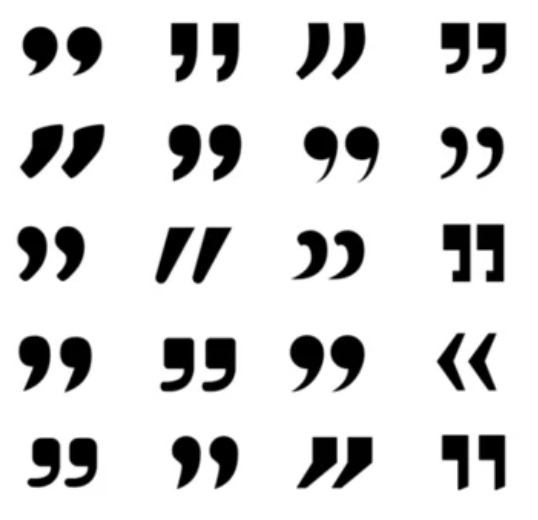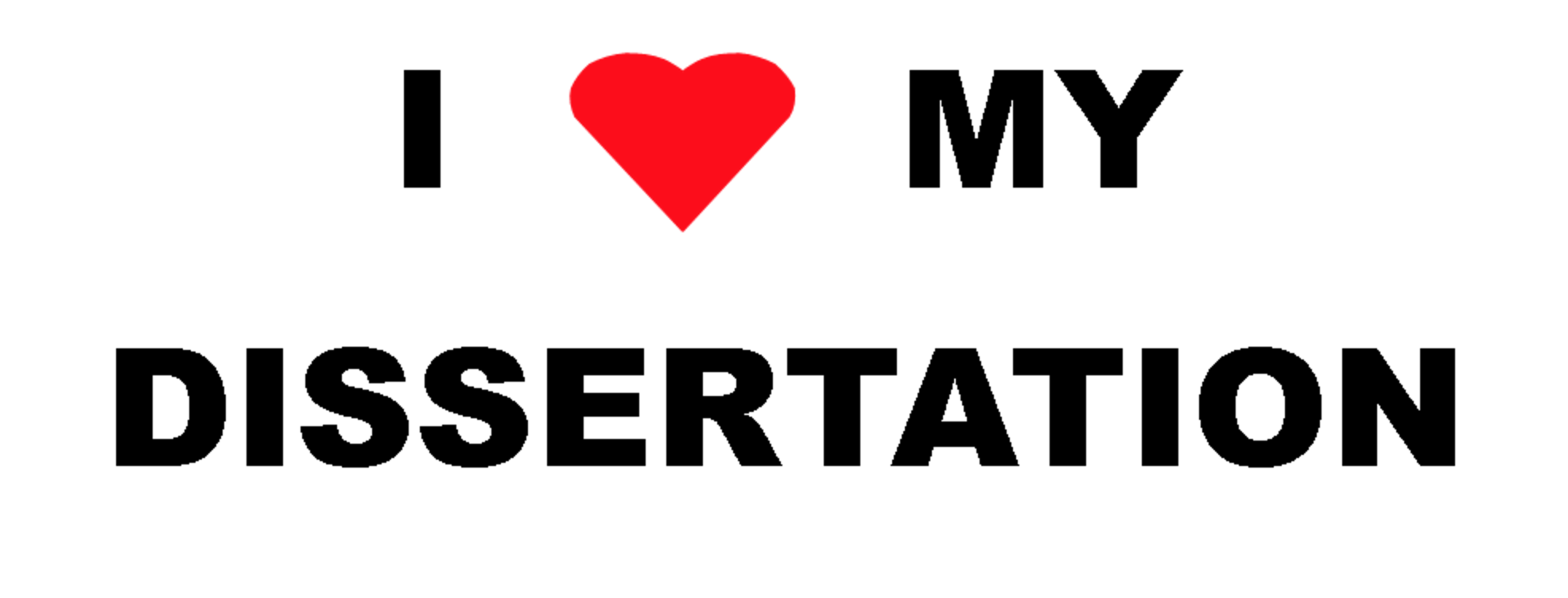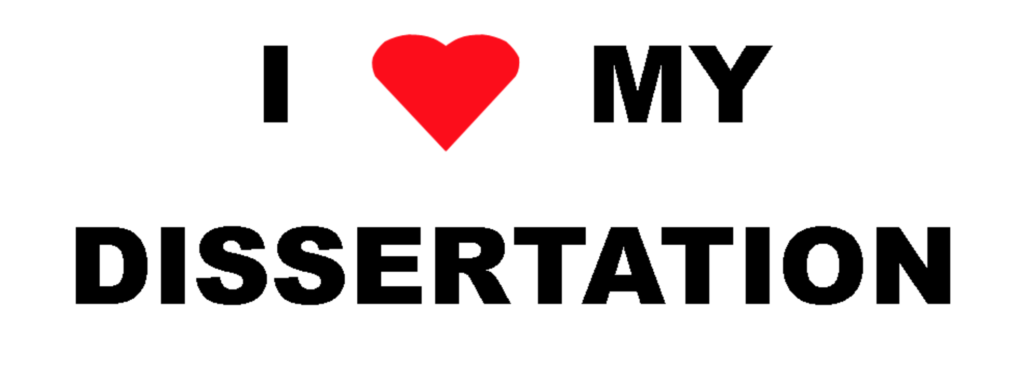Why your dissertation needs data
Dear Future Graduate Students,
It’s that time of year to start thinking about grad school. It’s one hell of a big decision. In fact, it is, without doubt, one of the biggest decisions you will ever have to make in your life. This decision can determine the rest of your life, as well as your career potential. Aim for the stars, and you will live a life that so few can only dream of. Don’t, and you could be left regretting the route that you decided to take. When you are looking for jobs, and you are writing your resume (possibly with the help of somewhere like this resume writing massachusetts service), the grad school that you have decided to pursue your education at will play a big part in how successful you are at being accepted for a job or not. It won’t just make a difference to your education, but also to your life, which is why you shouldn’t make this decision lightly. Hopefully, by now you have thoroughly thought through your plans with regards to things like which school and how you are going to fund it. If you haven’t, you might want to read here for some advice.
Recruiting is not easy for me. My general sentiment around graduate training is, let them decide. Advertising or persuasion is for places like Trump University, not scholarship. But I think we are at a bit of a crossroads in our field and I am concerned that too many people aren’t making good choices, potentially because of what they’re hearing from their faculty. After all, the ratio of people doing computational humanities to those who are not is tiny. The messaging is bound to be skewed. It seems important therefore to go out on a limb (yes it feels like a limb) and try to articulate why you should orient your work towards a more data-driven approach. So here goes.
Why does your dissertation need data? Because it opens up so many more questions. For professors, dissertations can become slightly boring after a while, especially after you’ve read a few of them. Having data can lead your dissertation in different directions to other people’s, this means that they will provide alternative results. This can make dissertations a lot more easy to read, especially when they’re all reaching different conclusions. If you’re not sure where to start with your dissertation, you could consider using cheetahpapers.com to give you a hand. Dissertations can be overwhelming, so make sure to seek help when you need it.
When your method is to read as much as possible, first, you’ll always come up short. You can never read enough and you’ll always know it. This is one of the reasons we like to parade our erudition. It’s to cover over our knowledge of what we know we don’t know. Second, you have no principled way of making judgments about all that you have read as a whole. You have no way to contextualize those insights, to put it in conversation with the things you haven’t read. To put it another way, you have no way to generalize about what you are finding. If you want to talk about the politics of modernism or the spectrality of televisual personalities, watching or reading alone isn’t going to get you there in a convincing way. Data isn’t the be-all to end all. But it does solve problems. It answers questions that you will not otherwise be able to pose.
There’s another reason too, one that I think is almost more important because it isn’t about a particular subject area. Rather, it’s about your position in the field more generally. Every day thousands of dissertations are uploaded to ProQuest. And every day we know a little bit less about our respective fields. The more research there is, the harder it is to have a sense of the field as a whole — and where your place is within it.
I remember, very distinctly, a moment I had one day wandering through the stacks as a graduate student at Columbia University, the home of Melvil Dewey. I remember thinking to myself, holy s%*t, look at all these books. What is the point of me writing one more? The aggregate value of one more book decreases every day. But the ability to use data to understand that whole to which you yourself are a contributor: that is invaluable. And you can’t get there by reading alone. Only data can do this, for better and for worse.
I know people will tell you it’s a bad idea. Or that it’s a fad. It’s not. It’s an essential part of the research process. You should be thinking about programs that will help you integrate it into your research, be able to guide you towards using it effectively and thoughtfully, and above all champion methodological plurality rather than dogma. If you’re hearing something else then you aren’t being given very good advice. Some students who are doing a dissertation or who are about to start doing one can find it quite a daunting experience getting it done alongside their other papers, they might turn to websites such as collegepaperworld to help them get through it.


